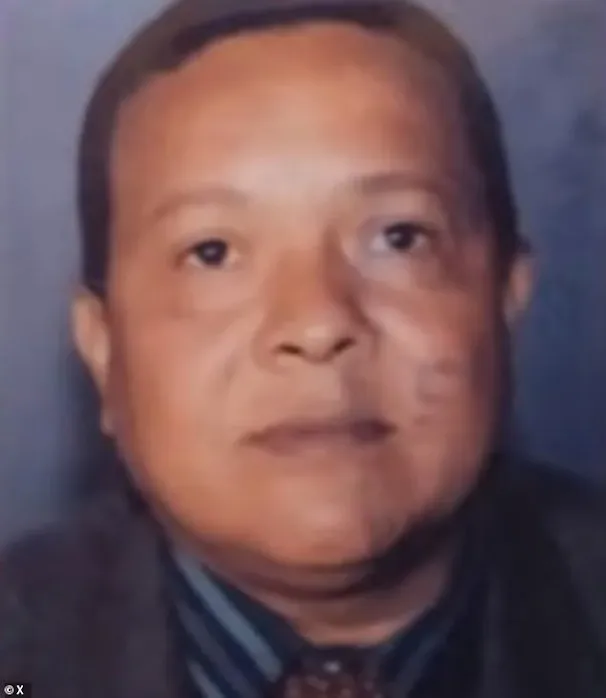Venezuelan Drug Lord, Reinaldo Fuentes A.K.A "Taliban" Dumped Alive in the Caribbean Sea For Stealing Cartel's 450 Pounds Of Cocaine
In a shocking incident, a fugitive Venezuelan drug trafficker known as Taliban met a gruesome fate when he was dumped alive in the ocean.
Reinaldo Fuentes, 68, was bound and gagged with blood stains on the back of his head before his killers threw him, along with an anchor, into the Caribbean Sea near Martinique.
The disturbing footage, which was shared on social media, shows Fuentes staring at the person recording the video before being left to drown.
The identities of his kidnappers remain unknown, but one can be heard in the background of the video instructing others to ensure their faces are not visible.
Another person remarked that Fuentes had no way to save himself.
The incident was a revenge plot for Fuentes stealing 450 pounds of cocaine and cash from a cartel. Fuentes had earlier dumped the narcotics at sea and fabricated a fake coast guard pursuit to deceive his bosses.
He then attempted to retrieve the cocaine and took it to another Caribbean island. However, his plan unraveled when his associates betrayed him, leading to his tragic end on July 17.
Rafael Tolentino, a veteran journalist, revealed that Fuentes had obtained a fake identification document that allowed him to live under a different name in the Dominican Republic, making it difficult for authorities to track him down.
Fuentes was reportedly dating a prominent lawyer and caring for her daughter in the city of Bonao.
He had three children from a previous relationship in Venezuela and allegedly controlled drug dealing in the Bonao neighborhood of Buenos Aires.
Fuentes earned the nickname "Taliban" due to his illicit dealings with Middle Eastern drug traffickers.
The Gulf Cartel, also known as the Clan del Cartel, is considered the oldest active criminal organization in Mexico.
It started as a bootlegging operation during the Prohibition Era and later expanded into other illegal activities such as gambling, prostitution, and smuggling.
In the 1980s, the Gulf Cartel entered the drug trade, primarily dealing with marijuana and heroin.
The cartel established drug trafficking routes to the United States in collaboration with the Colombian Cali Cartel.
However, extraditions and internal conflicts weakened the Gulf Cartel, leading to the formation of various splinter groups operating in different parts of Tamaulipas, Mexico.
The current leadership of the Gulf Cartel remains unclear due to fragmentation within the organization.
In another news, video evidence has exonerated a man who was accused for the murder of his girlfriend.

Comments
Post a Comment